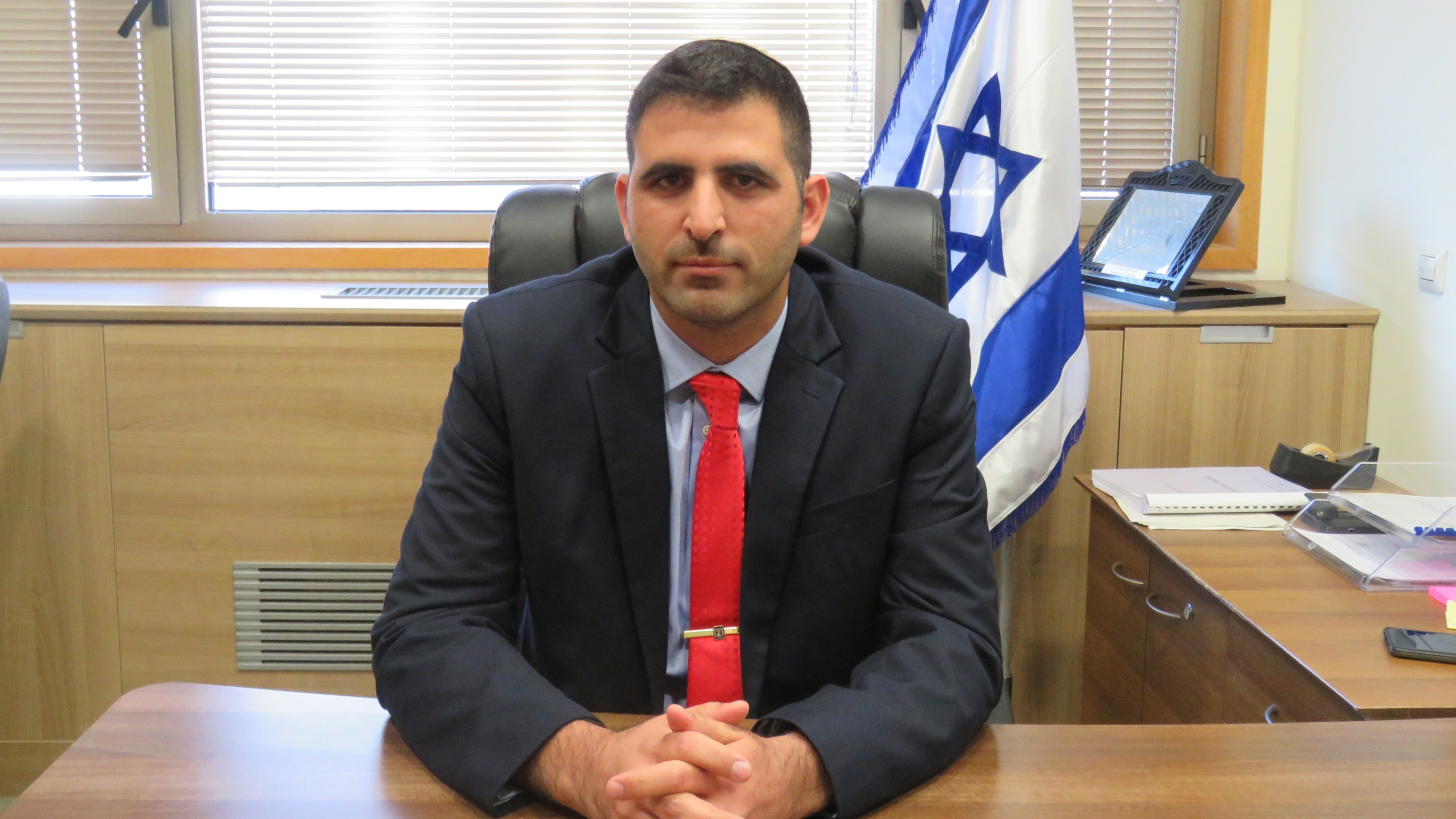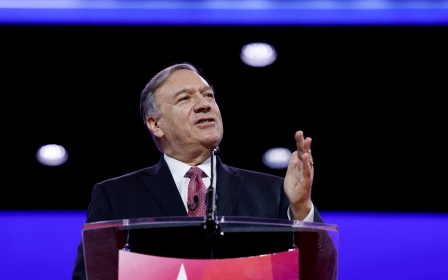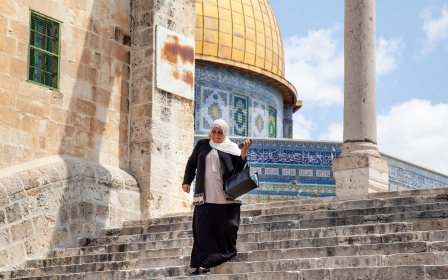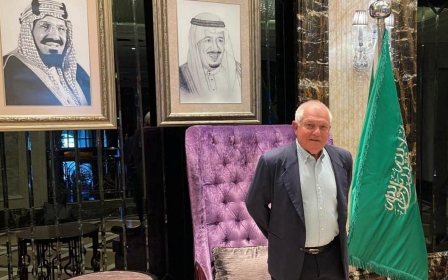Second Israeli minister to visit Saudi Arabia within days

A second Israeli minister is set to visit Saudi Arabia within days as the two countries reportedly edge closer to a deal establishing formal ties.
Shlomo Karhi, Israel’s minister for communications, was scheduled to travel to Riyadh on Monday to represent Israel at the Universal Postal Union conference, which runs from Sunday to Thursday.
According to the Times of Israel, Karhi is set to speak at the event.
The trip closely follows that of Haim Katz, Israel’s tourism minister, who on Tuesday became the first Israeli minister to visit Saudi Arabia in an official capacity.
The United States for months has been leading efforts to broker a deal between Saudi Arabia and Israel that would see them establish diplomatic relations.
New MEE newsletter: Jerusalem Dispatch
Sign up to get the latest insights and analysis on Israel-Palestine, alongside Turkey Unpacked and other MEE newsletters
Saudi Arabia has never officially recognised Israel and has for decades conditioned such recognition on the establishment of a Palestinian state in the occupied West Bank and Gaza with East Jerusalem as the capital.
Details of what the deal would include are still unclear, but a push to seek progress on ensuring the rights of Palestinians will likely be rejected by members of Prime Minister Benjamin Netanyahu’s ultra-nationalist government.
Saudi Arabia's de facto ruler Crown Prince Mohammed bin Salman spoke at length about the possible deal in a wide-ranging interview with Fox News last month.
But during the discussion there was no mention of Palestinian statehood, civil and human rights, or any other specifics, raising concern for some Palestinians.
"For us, the Palestinian issue is very important. We need to solve that part," the crown prince said. "We hope that it will reach a place, that it will ease the life of the Palestinians and get Israel back as a player of the Middle East."
Palestinian political analyst Hani al-Masri told MEE the interview was "disturbing" and suggested the Saudi crown prince did not want to "commit himself to anything, and this reflects a great willingness for excessive flexibility and illegal bargaining".
Middle East Eye delivers independent and unrivalled coverage and analysis of the Middle East, North Africa and beyond. To learn more about republishing this content and the associated fees, please fill out this form. More about MEE can be found here.




